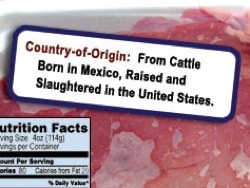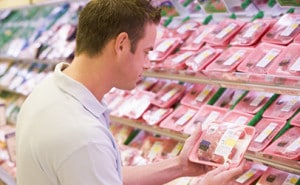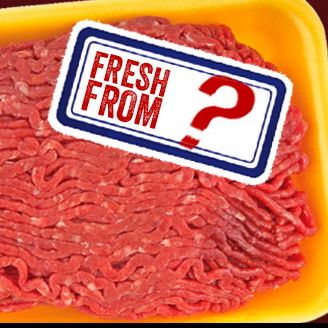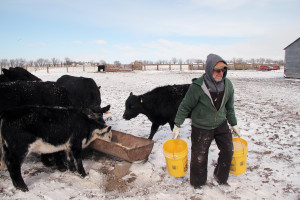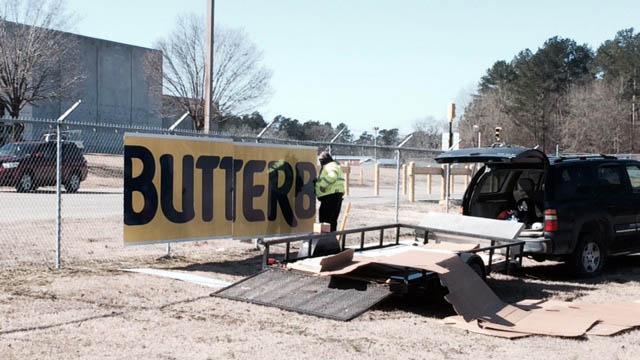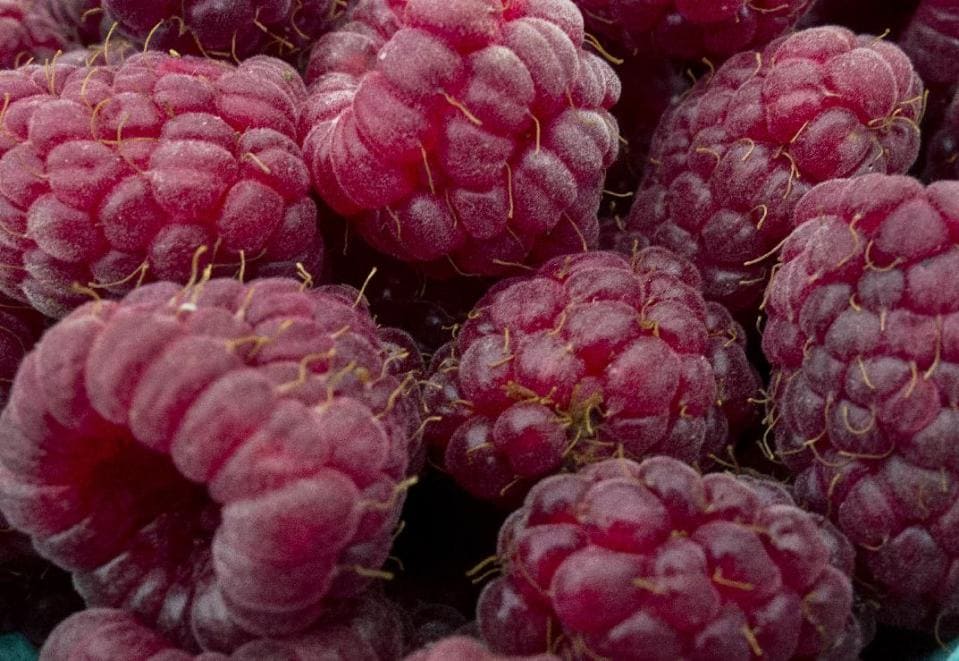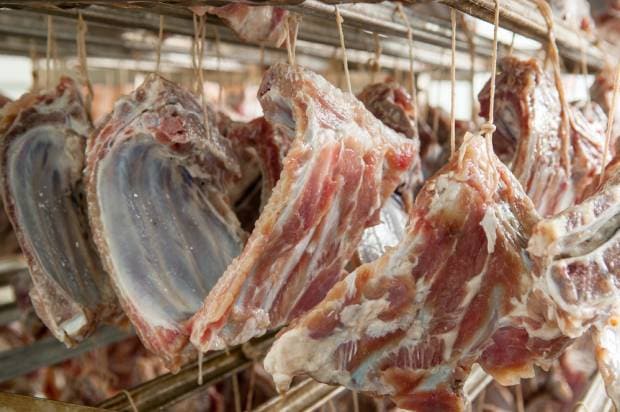
In a recent study conducted by Consumer Reports, more than 60 percent of people interviewed claimed they would gladly shell out more money for American made products—even if those products cost an average of 10 percent more than products sourced internationally. Read more


